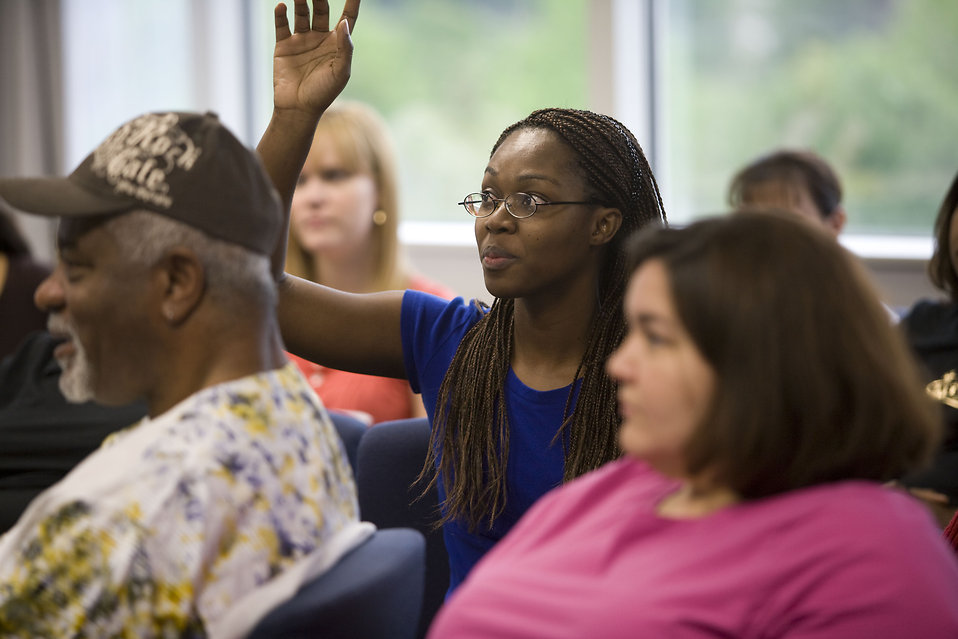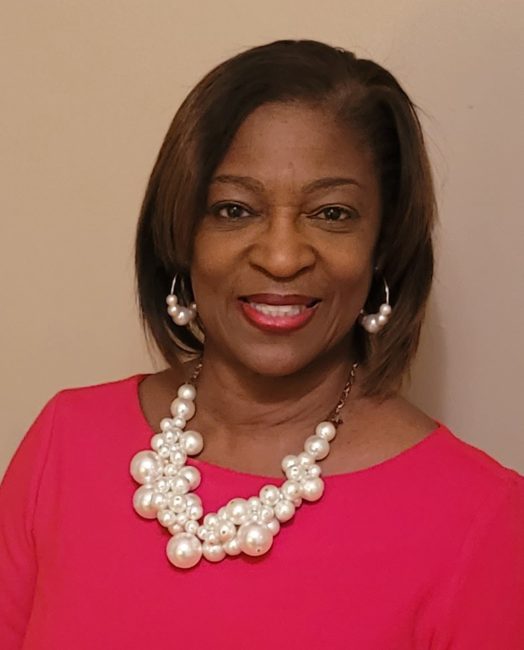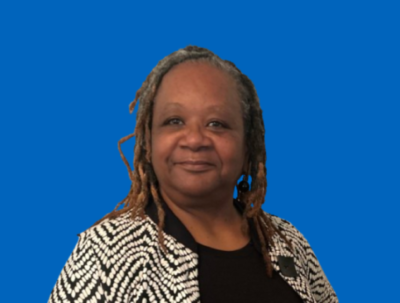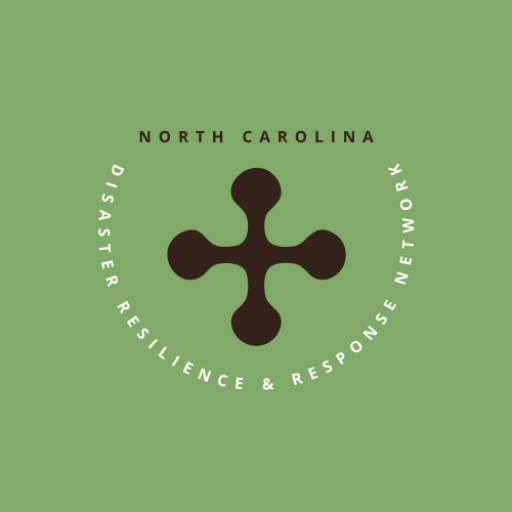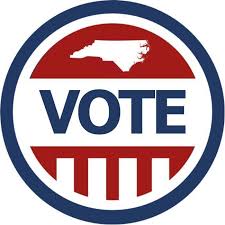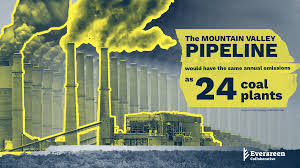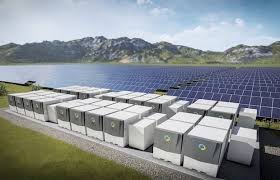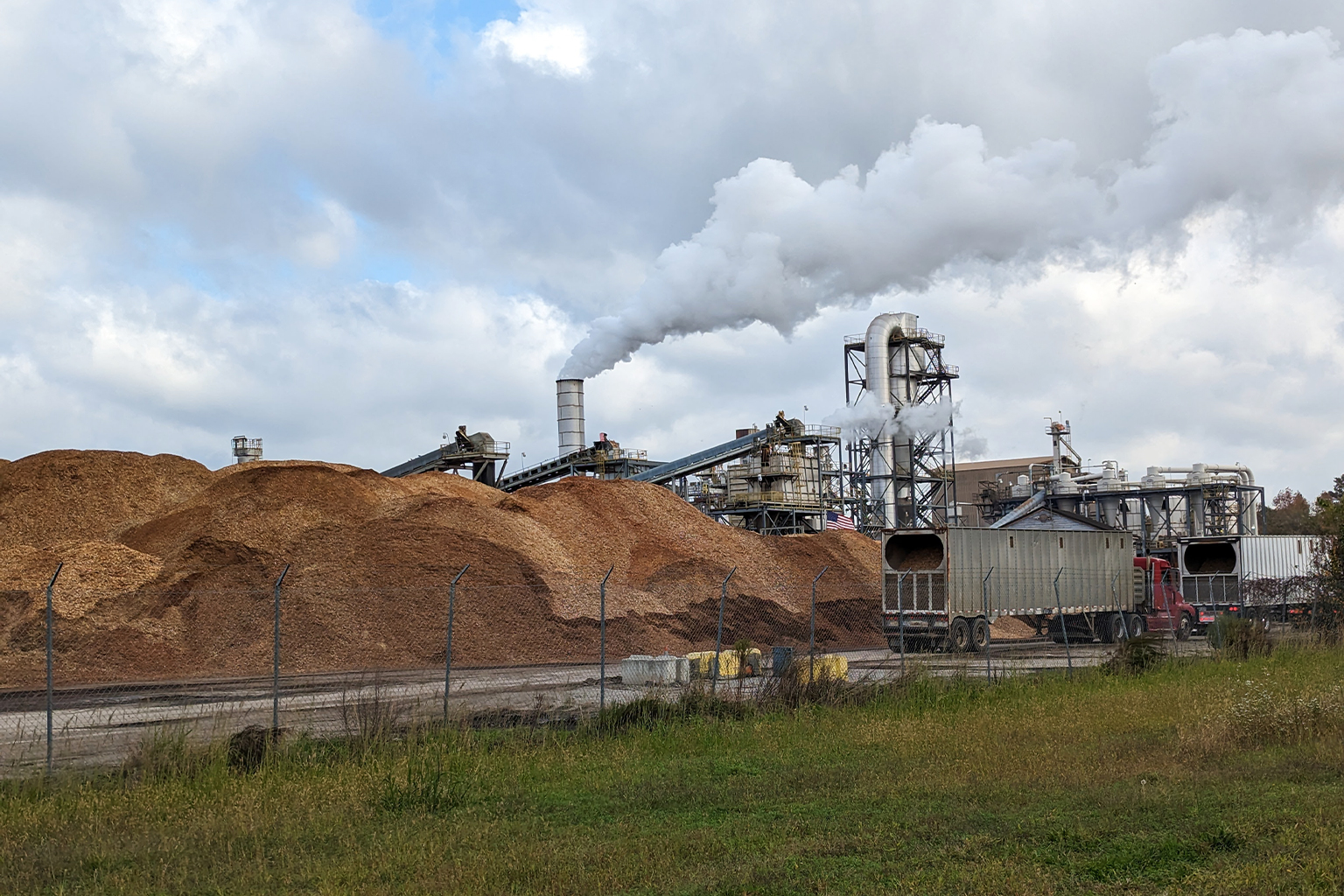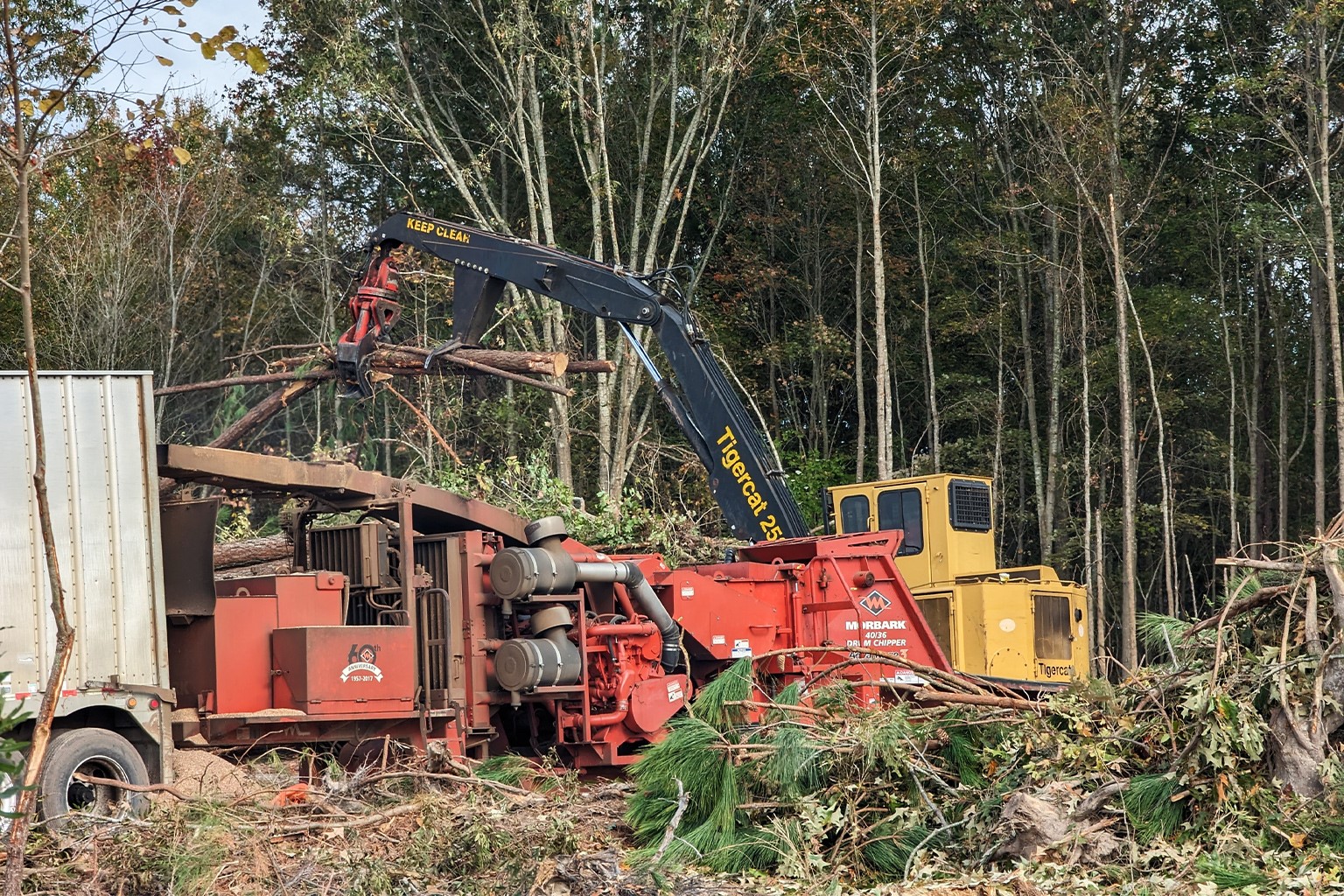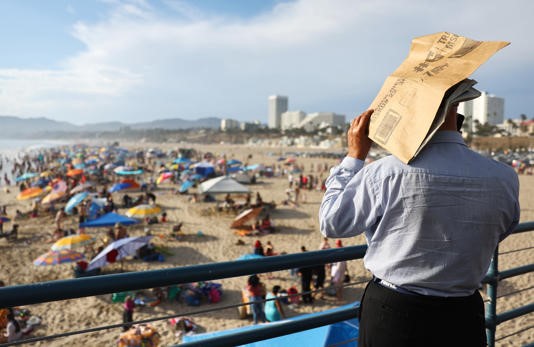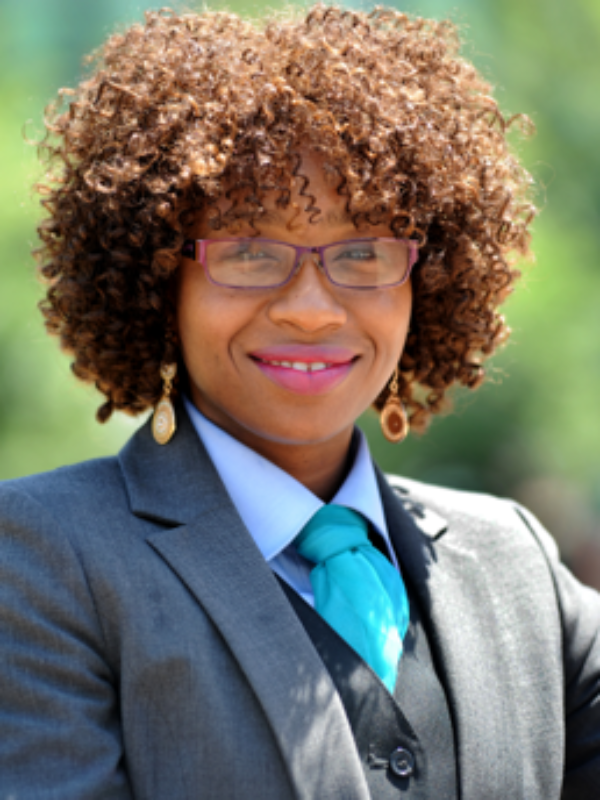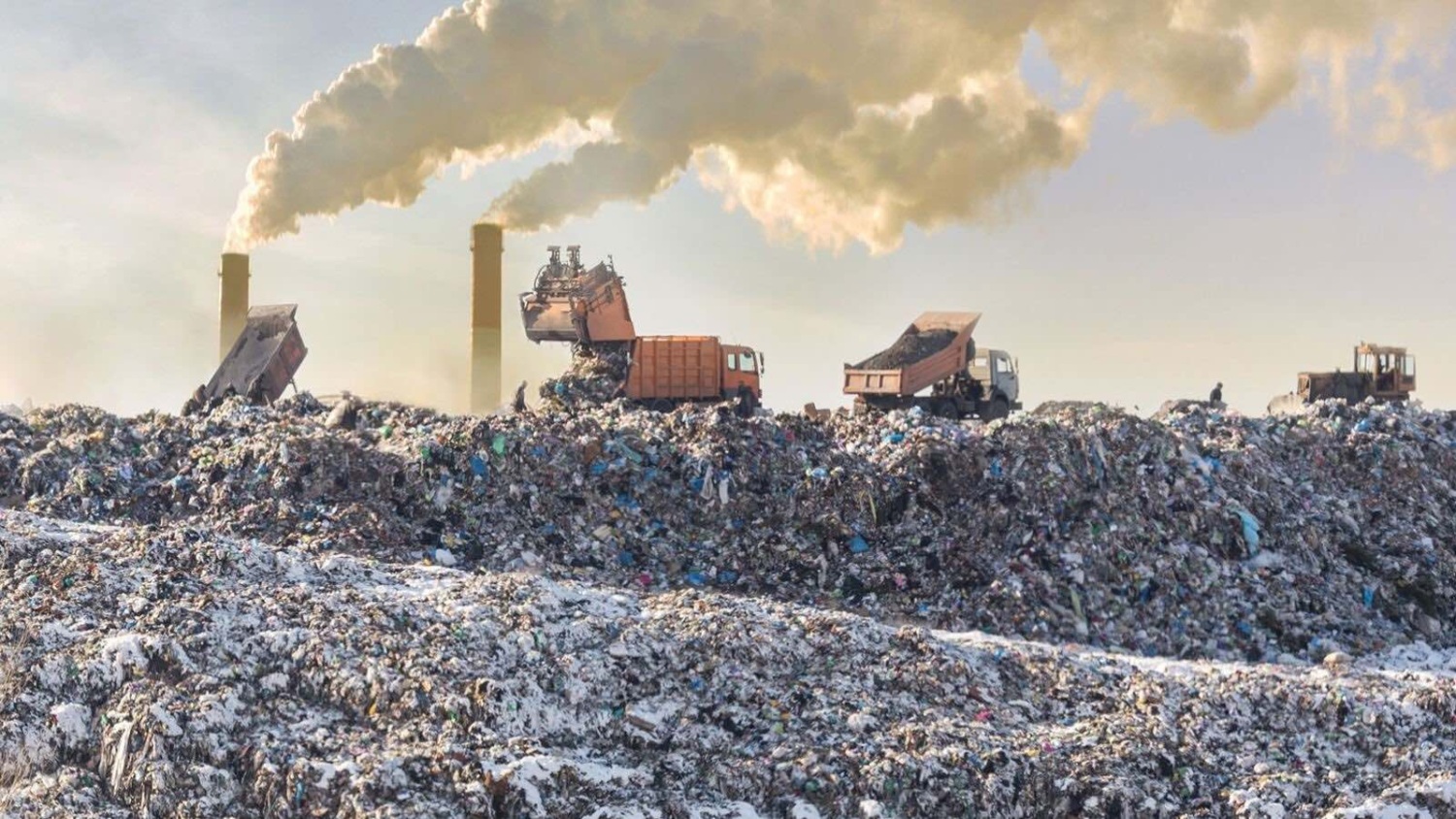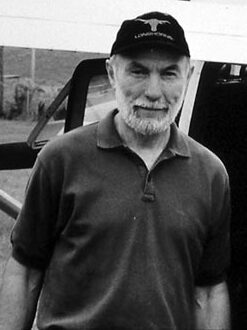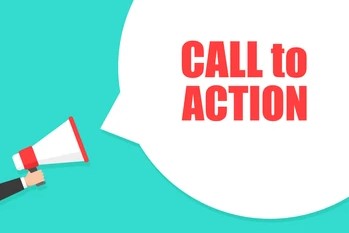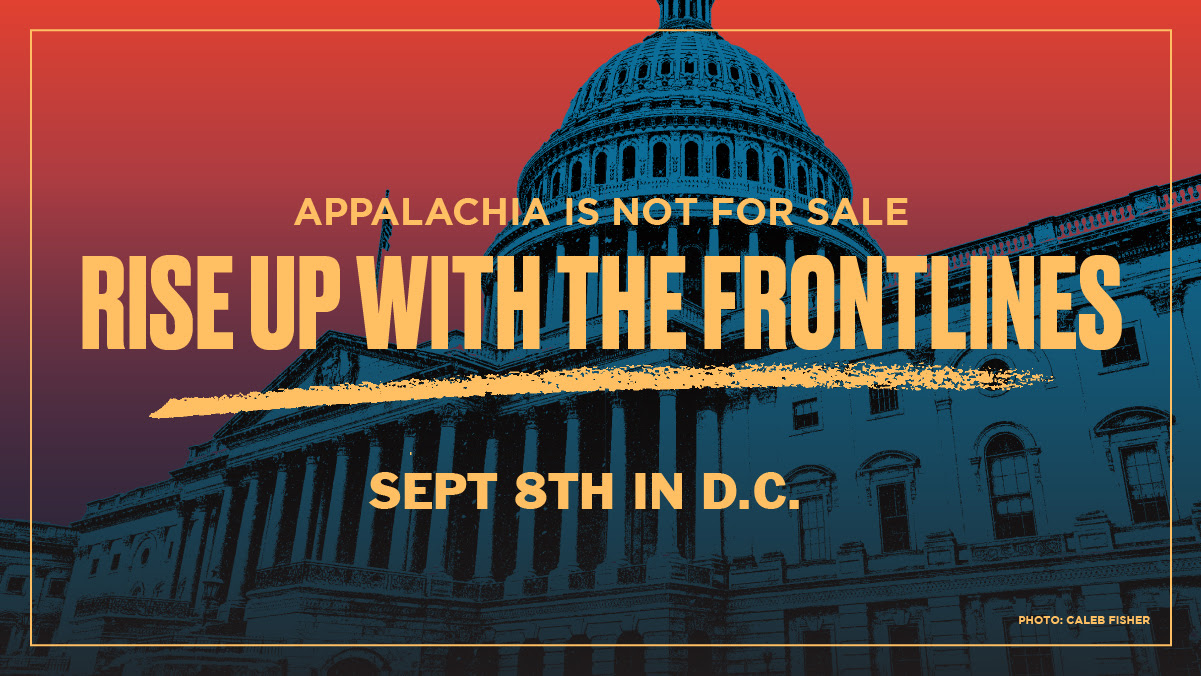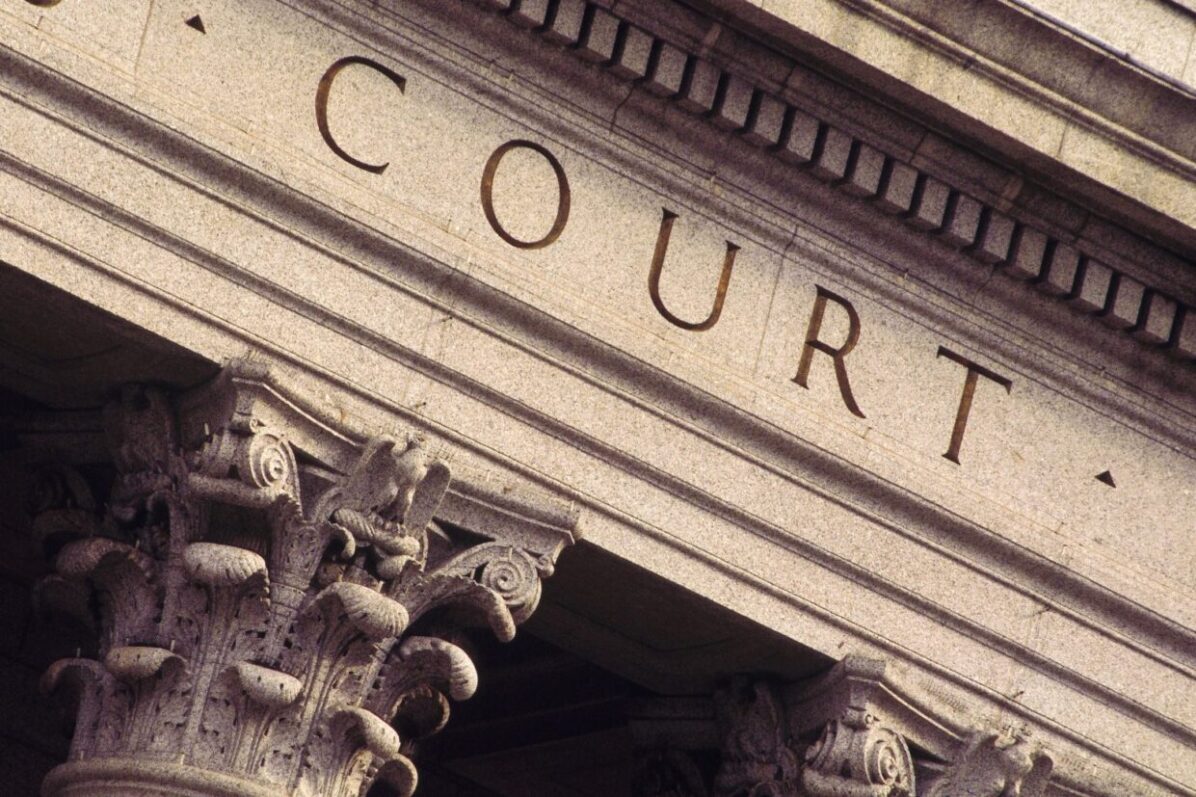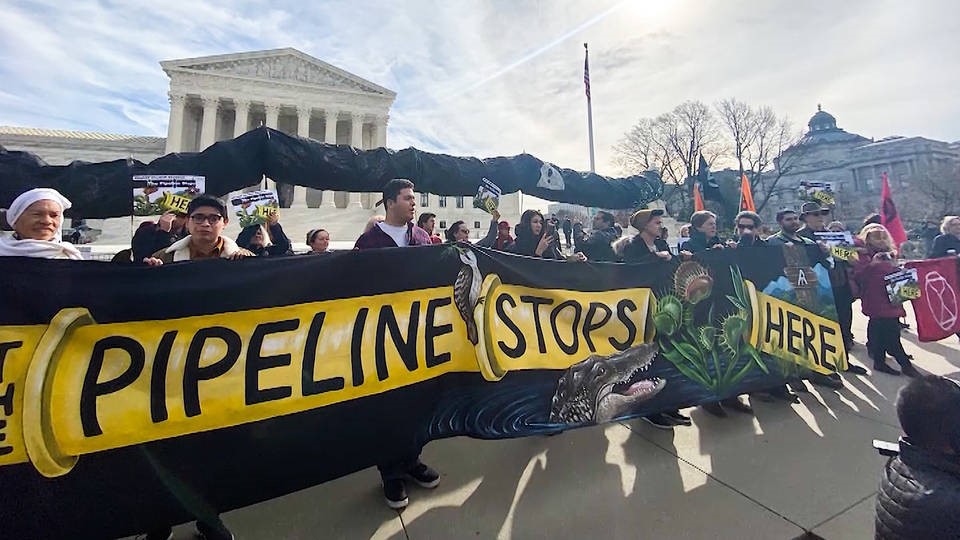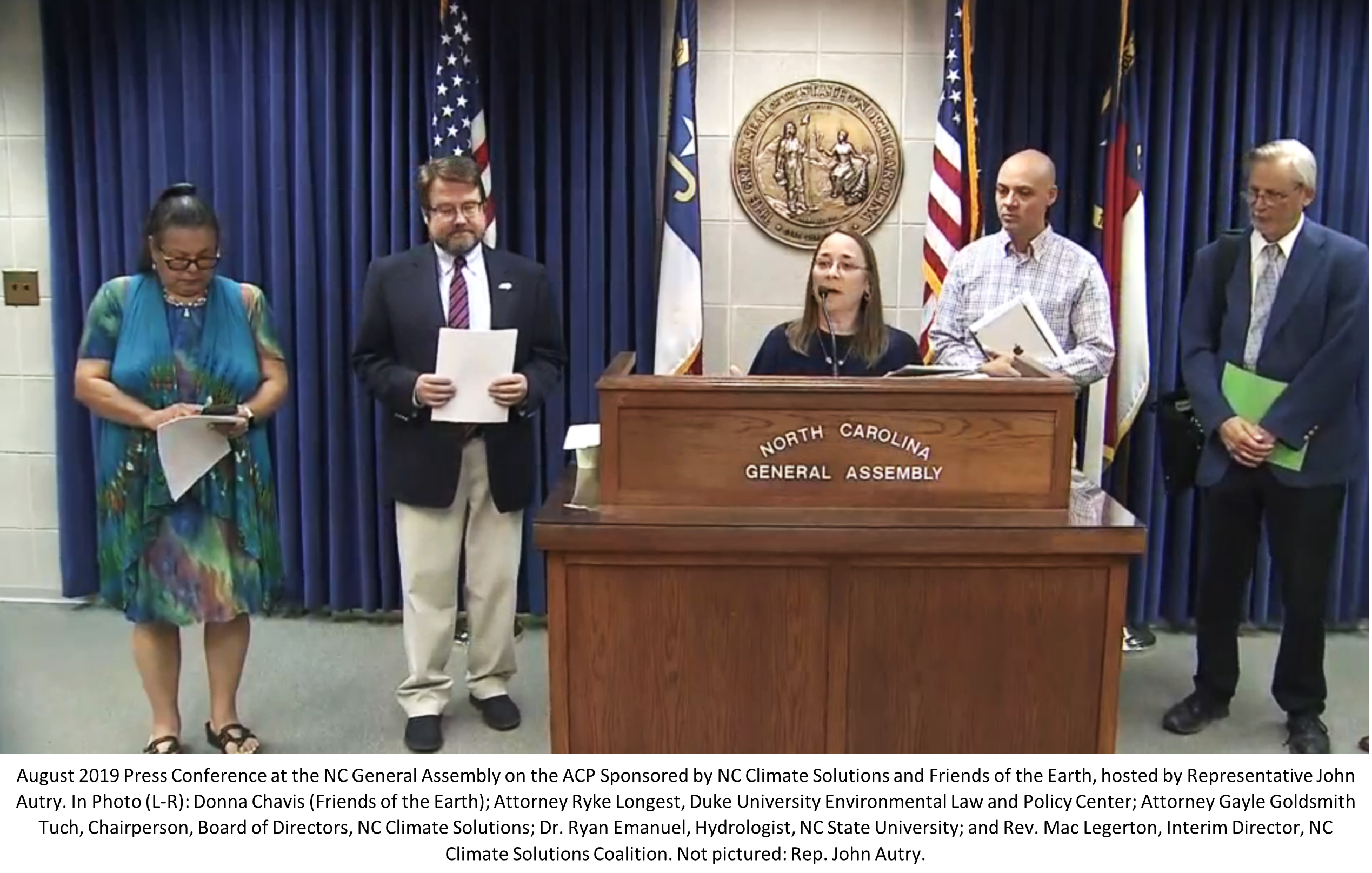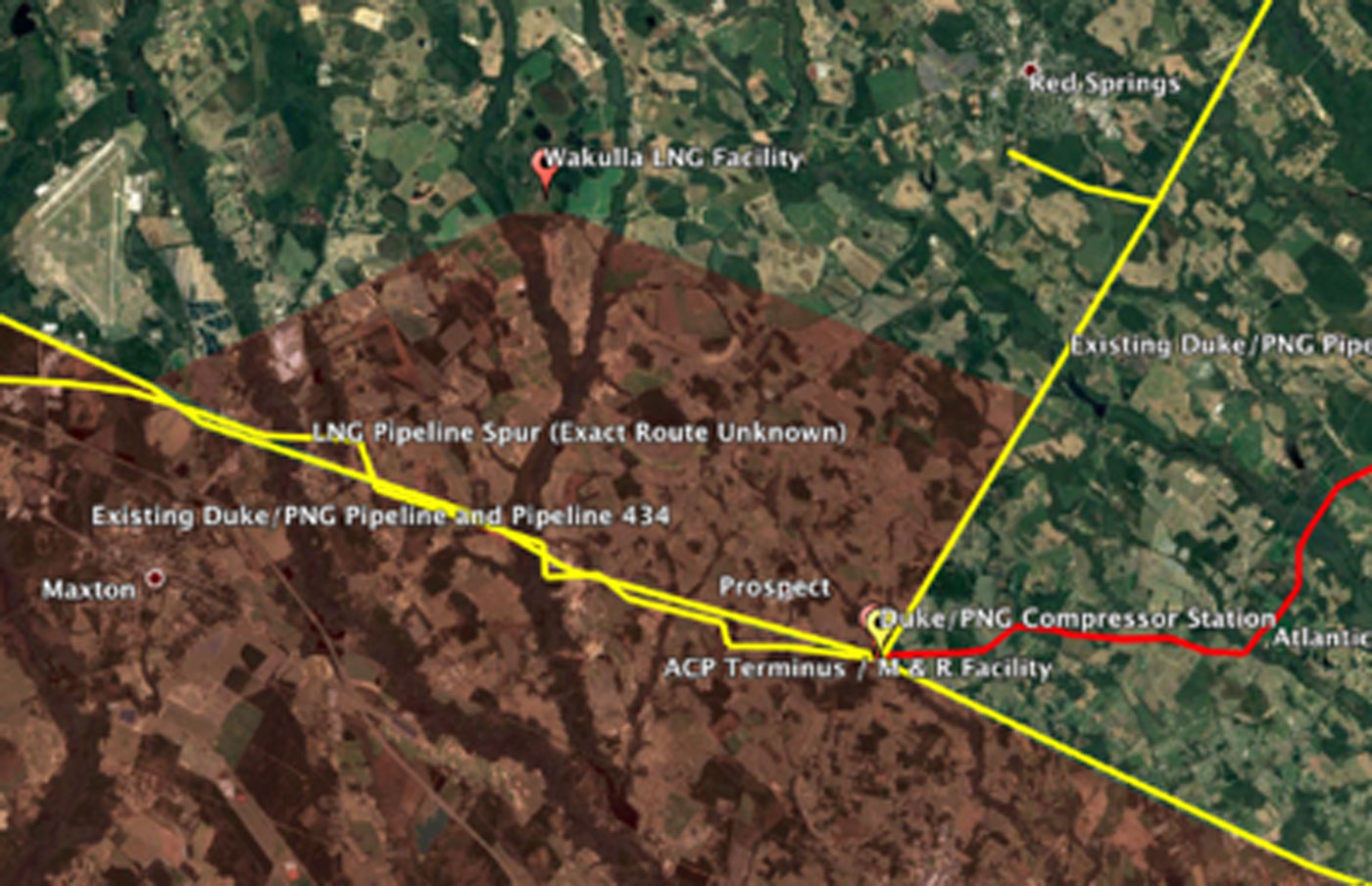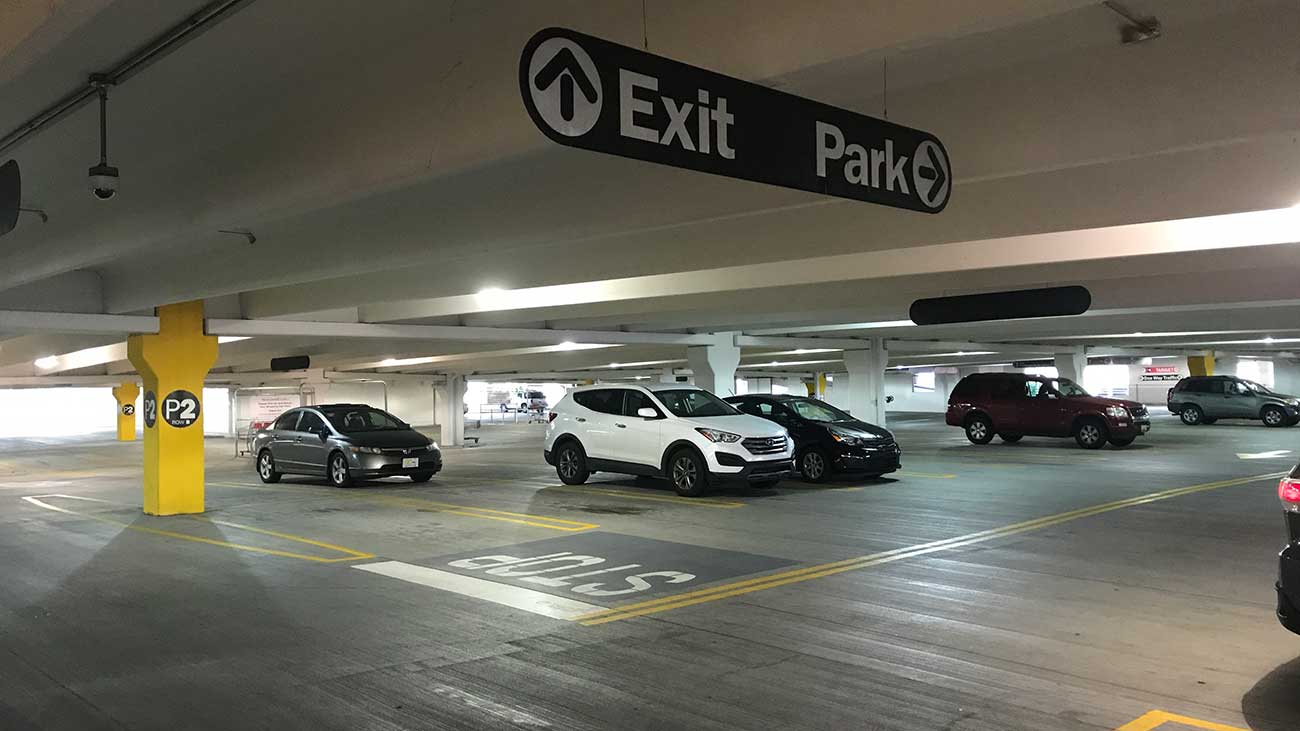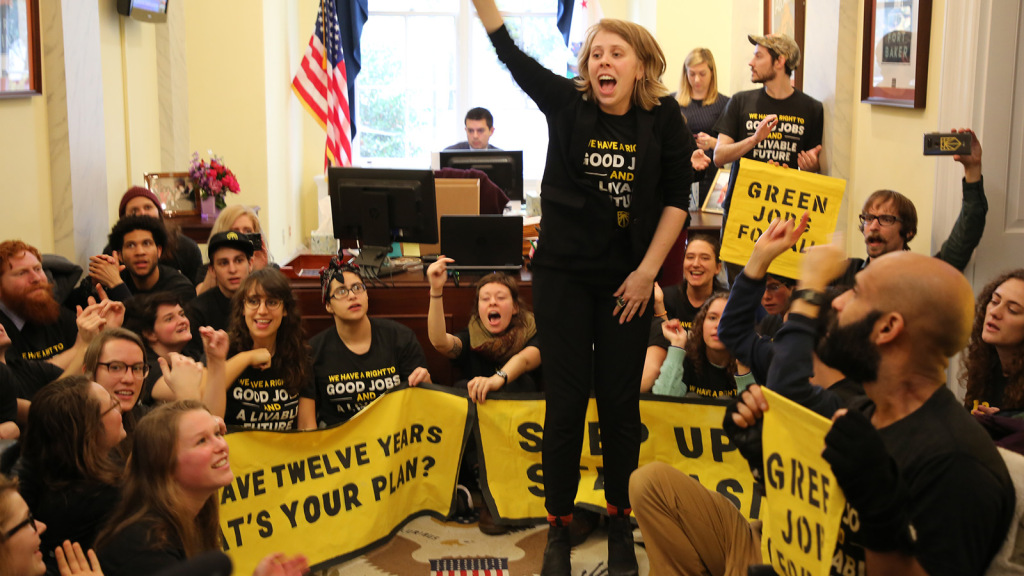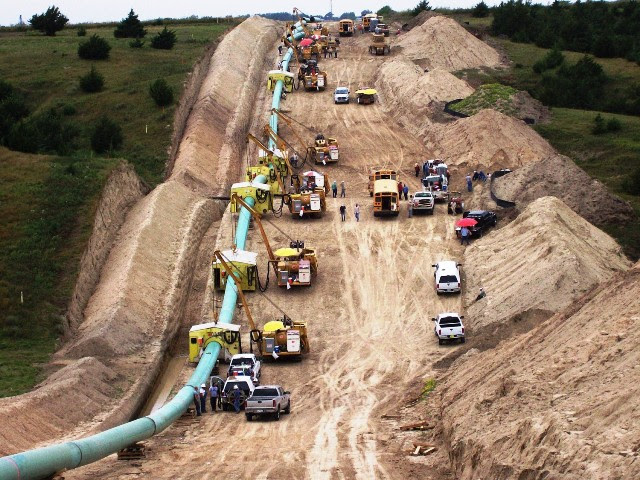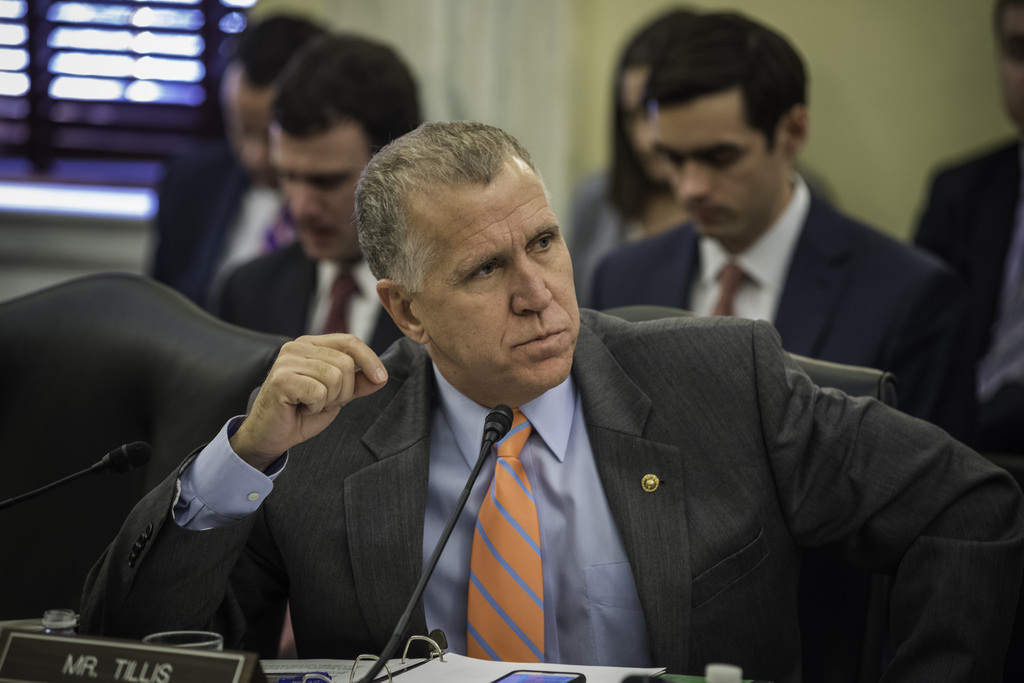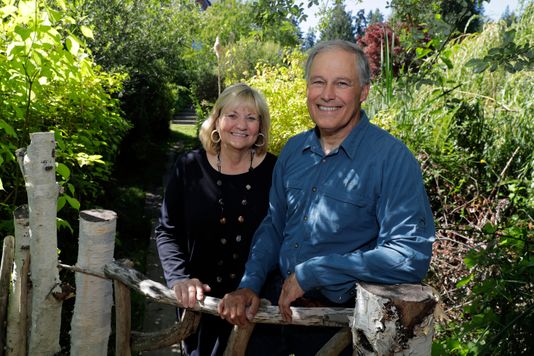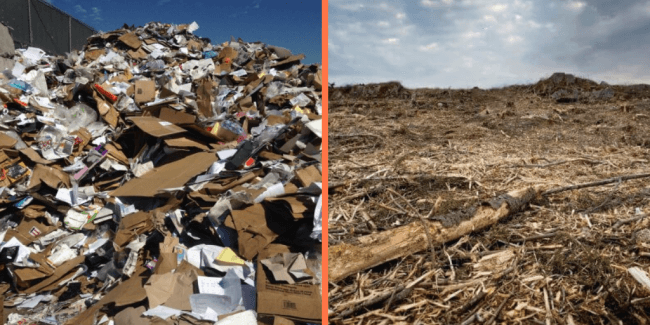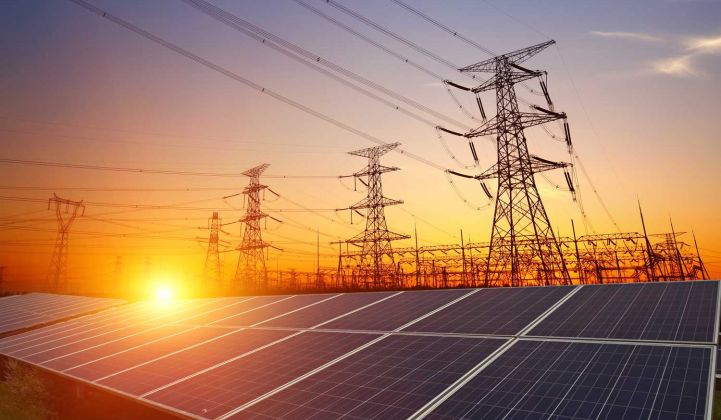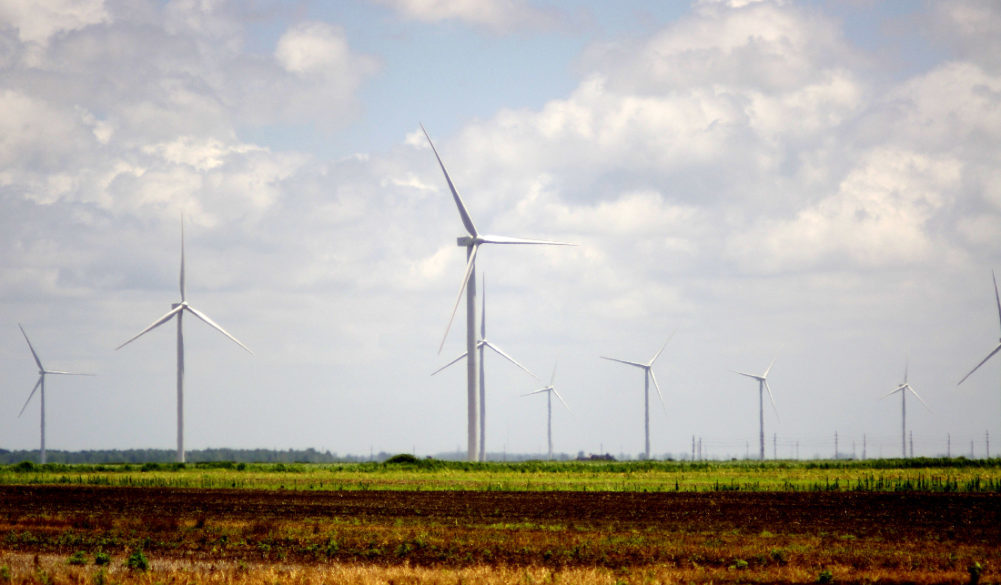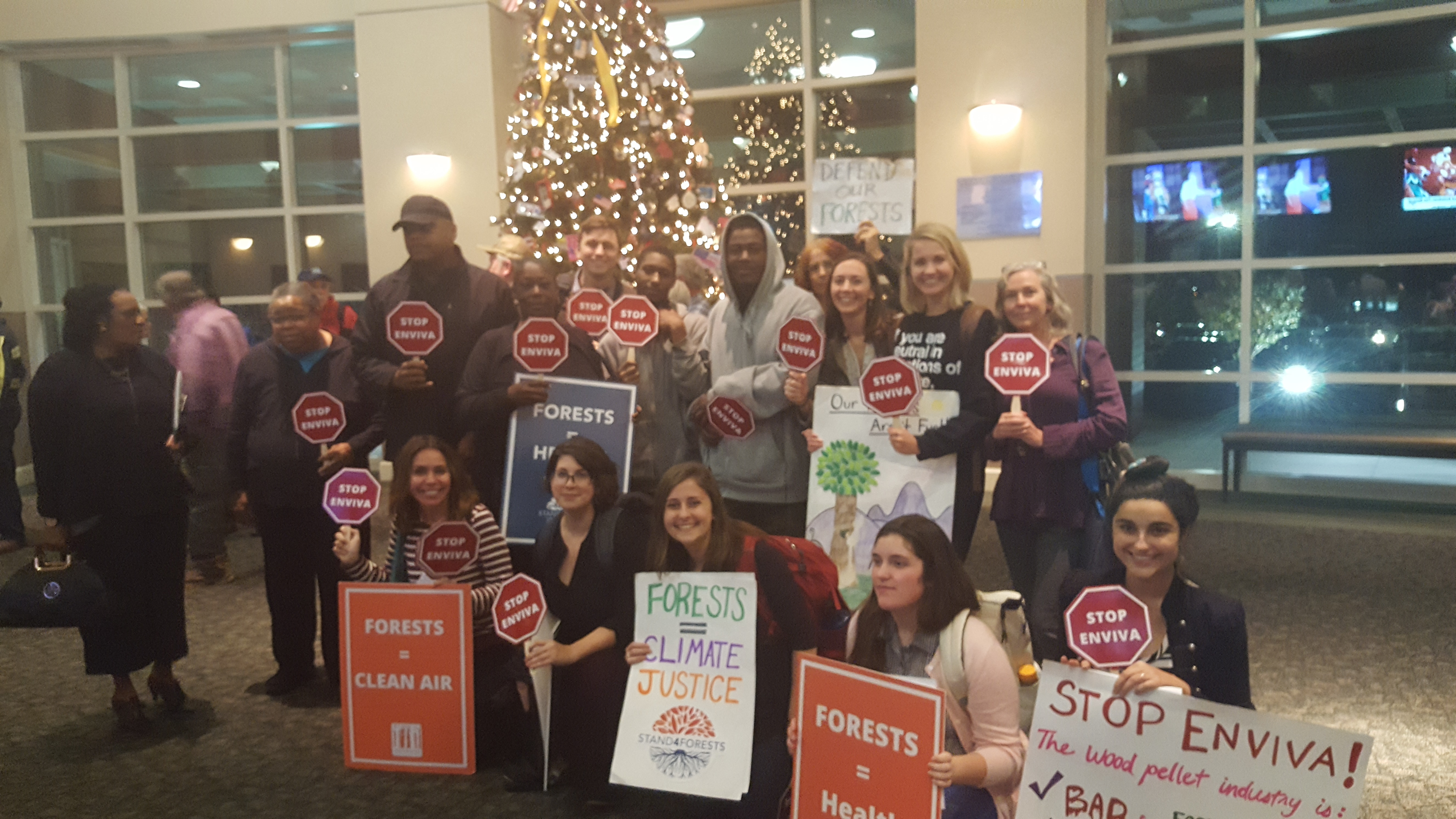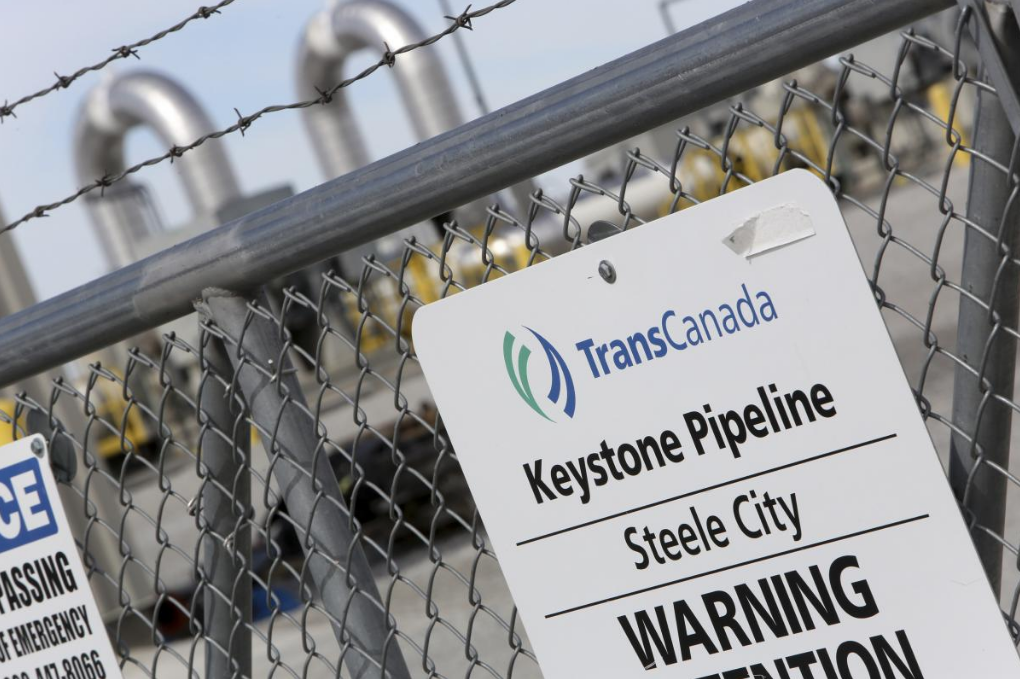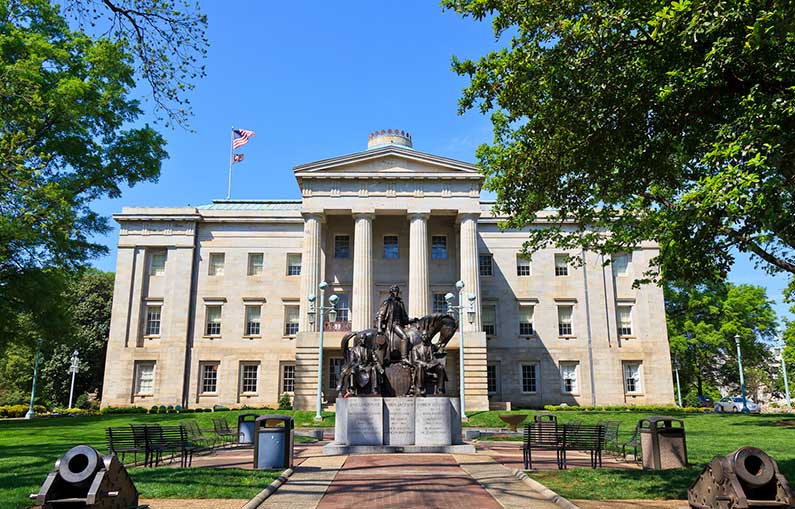Many Americans were devastated when they heard that the Trump Administration had withdrawn the US from the Paris Accords in 2017, leaving the US as the only country in the world not to support the framework deal that was signed to combat greenhouse gas emissions. They worried that without the US, the largest economy in the world, all attempts to slow and eventually reverse climate damage would fail. But very quickly over 350 Mayors, representing cities from all over the country, stepped up to adopt clean energy resolutions and continue the fight against climate damage on their own. I was among those Mayors, and we issued a joint statement in the summer of 2017:
We will continue to lead. We are increasing investments in renewable energy and energy efficiency. We will buy and create more demand for electric cars and trucks. We will increase our efforts to cut greenhouse gas emissions, create a clean energy economy, and stand for environmental justice. And if the President wants to break the promises made to our allies enshrined in the historic Paris Agreement, we’ll build and strengthen relationships around the world to protect the planet from devastating climate risks.
Mayors and city leaders realized that they could take action on their own to make a difference– and so can state leaders, business leaders, and faith leaders. Anyone who uses energy, has employees, or operates buildings and vehicles can make good decisions about changes that will help reduce climate damage, support energy independence, and clean the air for our children to breathe.
In that same summer, I worked to introduce a 100% Clean Energy Resolution to the City of Charlotte. The resolution was relegated to committee work for several months but even after I left the Mayor’s office, I continued to push our City Council to pass it, and to lead our community by committing to reduce Charlotte’s greenhouse gas (GHG) emissions. The Council adopted a 100% Clean Energy Resolution in June 2018, and is now working on a detailed plan of how to get there, including: energy efficiency in buildings, fleet transformation, zoning changes for biking and walking, and increased clean energy generation, with job creation underlying it all.
Local, state and federal officials can all play a role in reducing our GHG emissions and turning our country in the right direction to end climate damage and build a cleaner, healthier future for our children and grandchildren. Each of our governmental entities manages budgets and resources that can contribute to our much needed energy transformation, and any citizen can play an important role in advocating for the elected bodies to make those changes. Cities manage a great number of vehicles, from police cars to buses and garbage trucks, and they can lead the market to produce more all-electric versions of these. The visibility of elected leaders can in turn provide a strong example to business and other local leaders to make similar changes in their energy decisions.
NCCSC has been instrumental in building a coalition of interested stakeholders across the state, from climate and environmental groups to faith leaders, who are now working together to get more cities to stand up for the future and commit to reduction and elimination of greenhouse gases. There are now 17 cities and counties in NC that have committed to reaching 100% clean energy use within the next decade or two. NCCSC has served as a resource for these cities, sharing sample Clean Energy resolutions, pointing out resources, and providing templates for action. With 100 counties and over 500 cities in NC, there is still a great deal of work to do, but I am encouraged by the bi-partisan effort that is sweeping our state.
Businesses need to follow the progress of these cities and counties, and many already have. Some of our major companies have offered discounted bus tickets to employees, and rebates for those buying electric vehicles that they drive to work. Many have instituted energy efficiency, following LEED principles in their buildings. The collaborative effort of Envision Charlotte has led to the reduction of GHG emissions in 61 buildings in Uptown Charlotte by 19% over 5 years, saving over $26 million in utilities costs. Companies also are encouraging carpooling, biking and working remotely to minimize dirty fuel vehicles on our roads.
NCCSC will continue to convene stakeholders and seek common goals to turn the tide on carbon’s increasing damage to our climate, our air and water. With increased flooding in the east and fires in the west, our state has little time to spare. And everyone can help. When Mayors and other officials at the local and state level hear from constituents that a clean energy economy is a priority, they will dedicate more time and resources to this transformation. In the end they will find that clean energy vehicles and buildings cost the taxpayers less too. We all want to live in the best place for our families, and we cannot wait for politicians in Washington to solve our problems. With your help, NCCSC is taking action to help local communities across our state get results. Our childrens’ future depends on us.
Jennifer Roberts is Director of Path to Positive Communities with ecoAmerica and Vice Chair of NC Climate Solutions Coalition and 58th Mayor of Charlotte, NC

